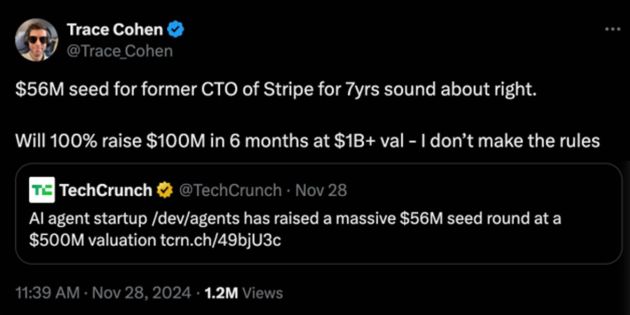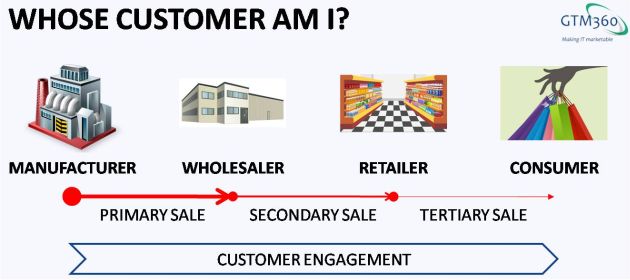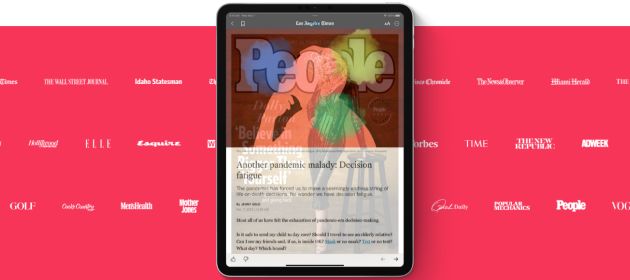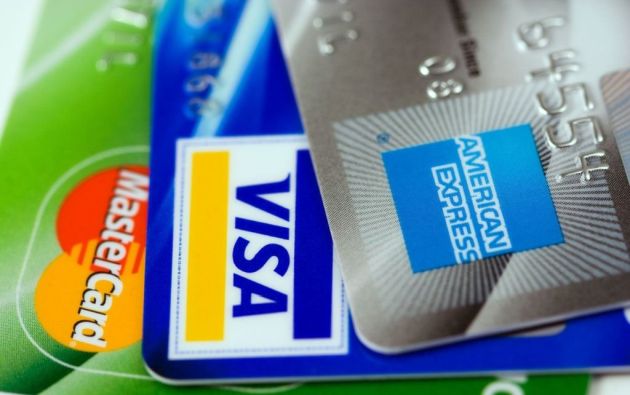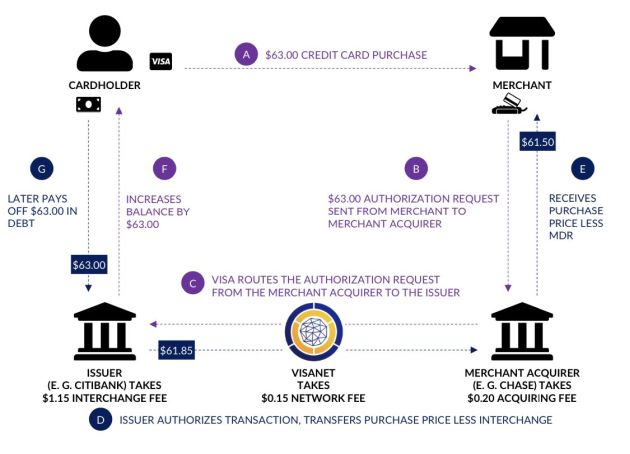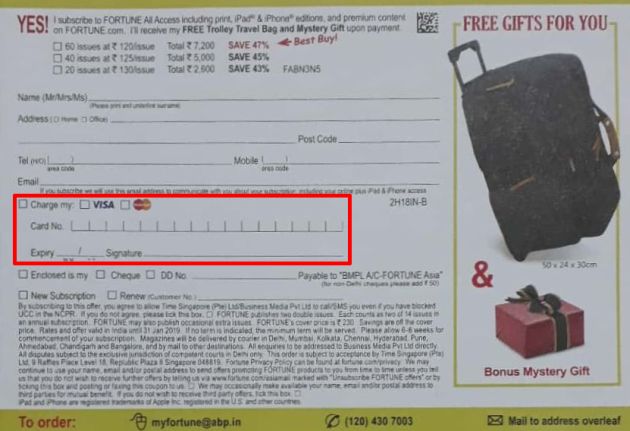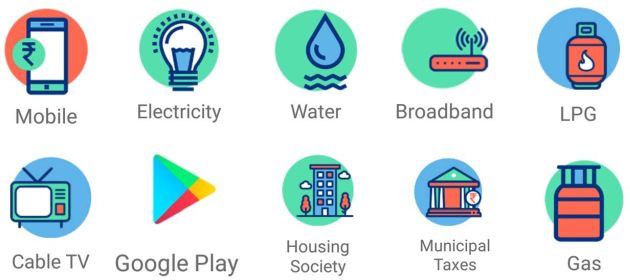Debunking the “Hidden Cost” Myth: When Free Is Really Free
Whenever they hear that something is free, some find it fashionable to remark that “there’s no free lunch” or “you’re paying in a different way”. In other words, these people insinuate that there’s always a “hidden cost” behind free products and services. On the face of it, their counterpoint seems to be right. After all, … Read more
